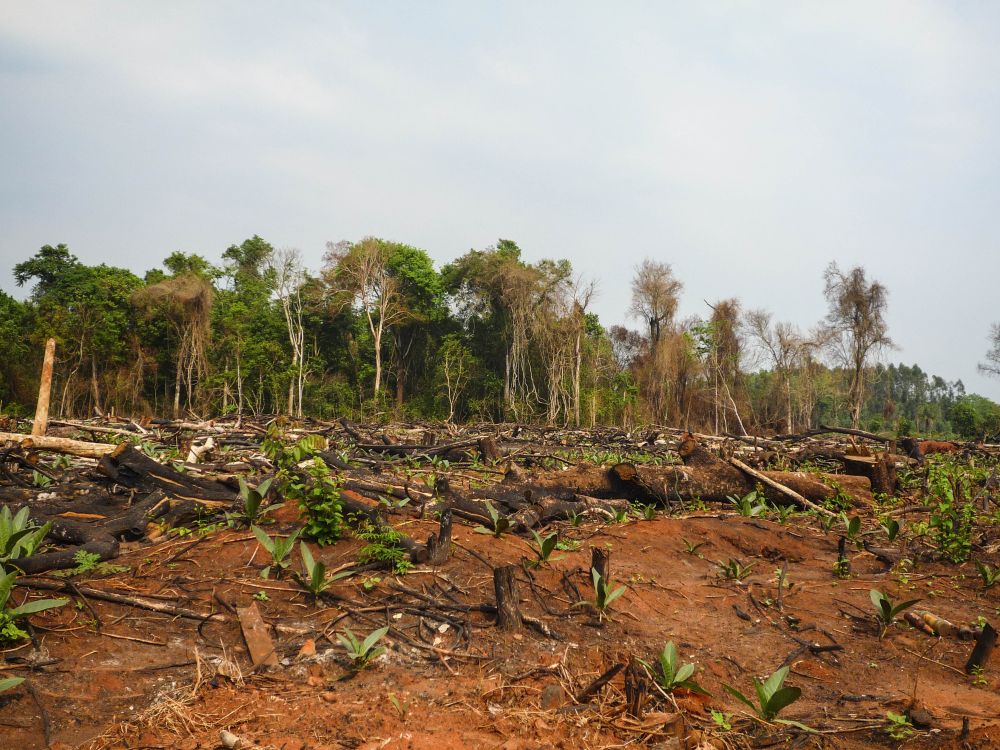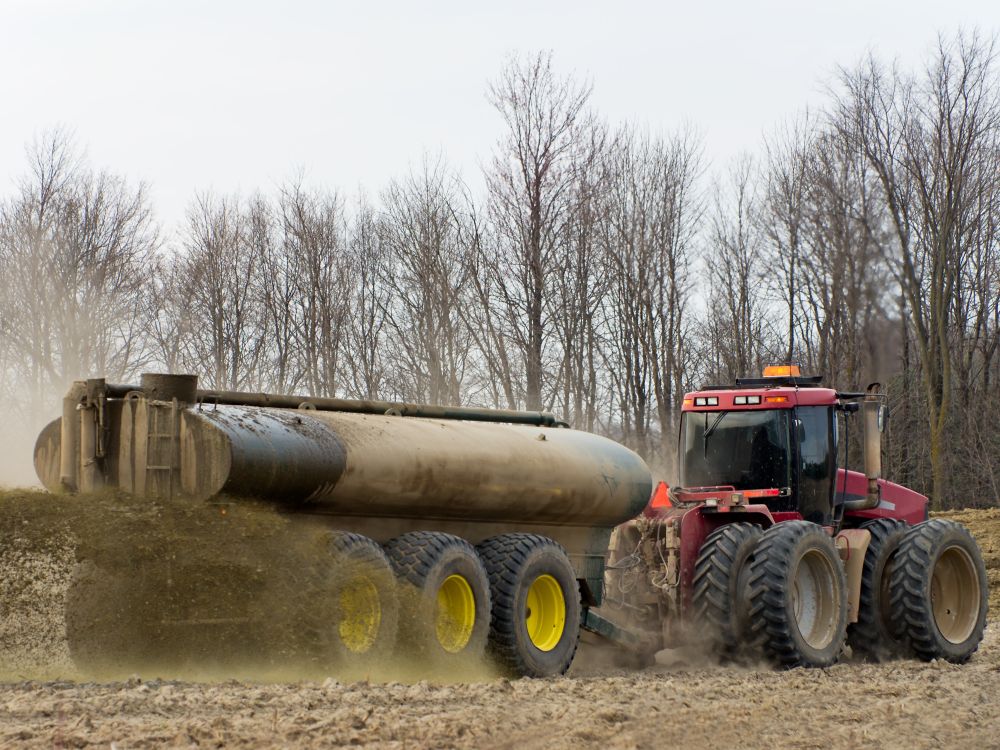
Soy is a popular plant-based alternative for people trying to eat less meat and dairy. But most of the soy we consume is through animal products like meat, cheese and eggs. That's because around 90% of soy consumed by the UK is used for animal feed.
Soy is a major driver of deforestation in countries such as Brazil and Argentina. This threatens biodiverse ecosystems and endangered species like jaguars. It also harms Indigenous Peoples and local communities through impacts like land grabbing and herbicide pollution. Even the countries importing soy are affected. For example, factory farming in Northern Ireland has led to critically high ammonia emissions from manure.
Here in the UK, the company Cargill dominates the soy trade. It supplies many big players in the food industry, from Tesco and Asda to McDonald's and Nando's. Since 2015, there have been 12,000 fires and an area bigger than New York City has been deforested on land used or owned by Cargill suppliers in Brazil's Cerrado region of tropical savannah.
We need to make companies accountable for the damage they cause in their supply chains. If we can't ensure transparency and corporate responsibility, then we need a new law that will.

UK soy imports


Soy and animal waste

We need to hold companies to account for harm in their supply chains
Get your MP to back a new law







